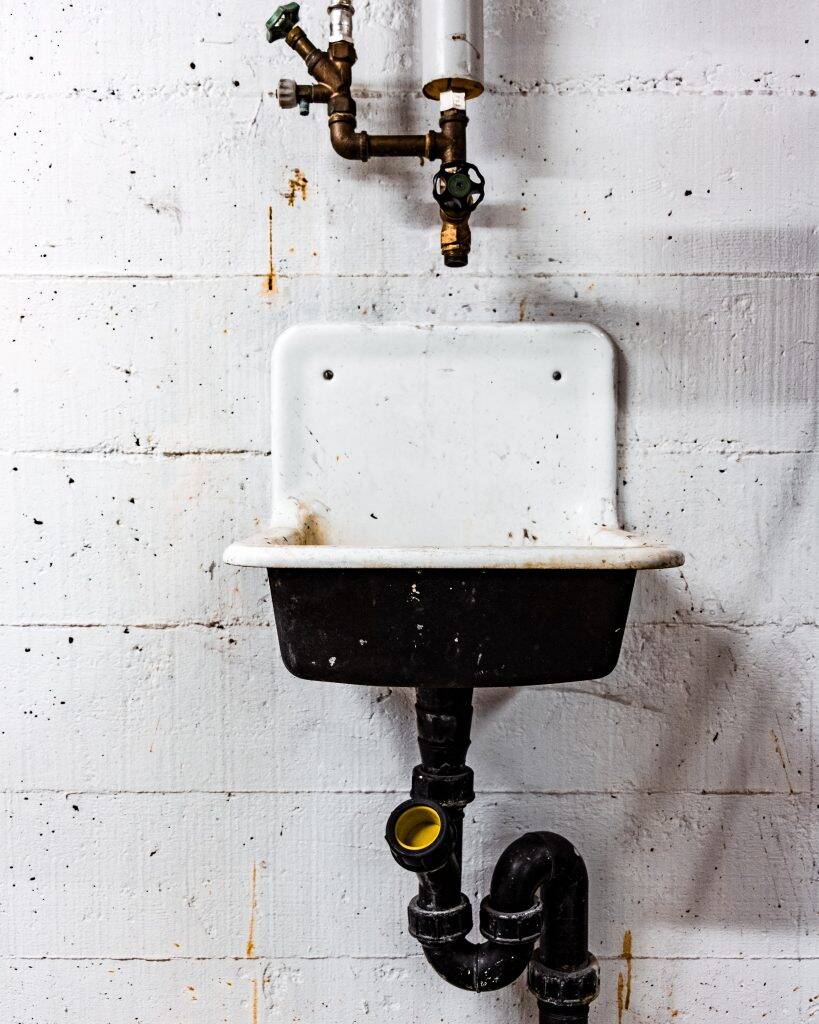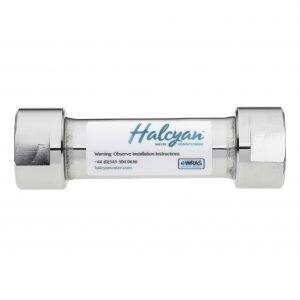Are water softeners necessary? It’s an important question especially when you’re looking at the steep price of premium brand softeners and the associated running costs. These systems take up a lot of space, require monthly top ups of salt and increase your water usage. First off do you need one in the first place and second are there other options you might be able to use?
Do you have Hard Water?
The first question to ask before considering whether a water softener is necessary is whether you have hard water coming into your property. Over 60% of homes and businesses in the UK are fed by hard water so it is very likely you are affected. You can read more about hard water and limescale through our blogs tackling the subject.
Now you may think that the limescale you have is minimal enough that it isn’t a concern and that spending money on a solution would be a waste. This might not be the case however, the real cost of limescale is in the areas you don’t see. Limescale has a real impact on energy consumption and thereby costs and carbon emissions. You can read more about these effects in our two blogs here and here. So even if your cleaning regimen isn’t too much of a hassle your energy bills might be.

Are you experiencing skin problems?
The second key concern in regard to hard water is its effect on skin and hair. Whilst research on this subject is limited, anecdotally soft water is gentler on both. If you are suffering from problems it may be worth looking into purchasing a softener. However to be clear, no system on the market today can promise any medical benefits and you should be wary of any that do.
Another option?
Even if you want to treat your limescale and have water that feels better are water softeners necessary? You might find that the space requirements are too great or the idea of topping up salt every month doesn’t appeal to you. You might also be concerned about the environmental impact of softeners. If this is the case you’ll be happy to know that softeners are not the only option.
There is a market full of conditioners which provide an excellent alternative to the traditional salt softener. These systems are usually cheaper, more space efficient and require little to no maintenance. If you want a greener option, then a conditioner is what you should be looking into. We take a look at the conditioner and softener market and compare the different types and what they bring to the table in this article.
Before leaping off of the salt softener train entirely however there are some key differences you need to be aware of which may affect your decision making. Since conditioners don’t ‘soften’ the water by removing the hard water minerals, you will see a fine, easy to clean powdery residue on surfaces where water evaporates. We discuss this phenomenon and why it happens here.
The next step
So are water softeners necessary? That depends entirely on your circumstances and your personal preferences. If you are happy to accept the costs and maintenance and have the space a softener will do its job very well, but do keep in mind that there are other options which are just as effective in many of the same metrics. Conditioners may be cheaper, less space consuming and more environmentally friendly. In other words make sure you pick up as much information as possible about all your options on the market before taking a plunge! If you’d like a more comprehensive look at your options check out our article below!




